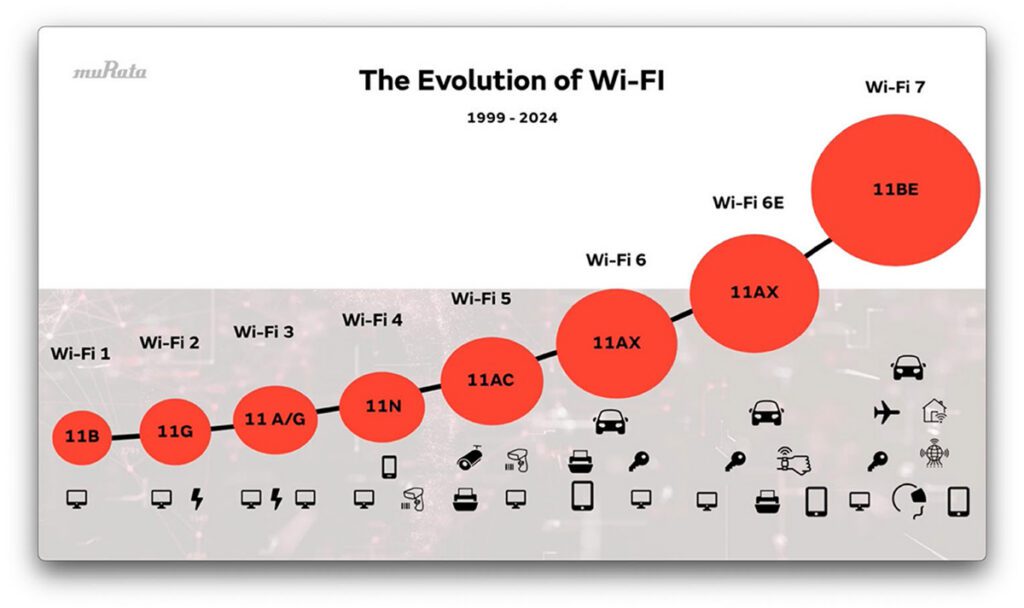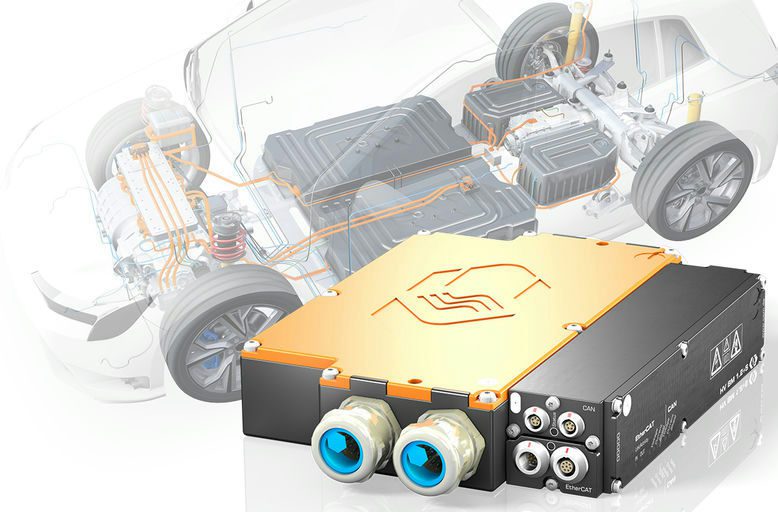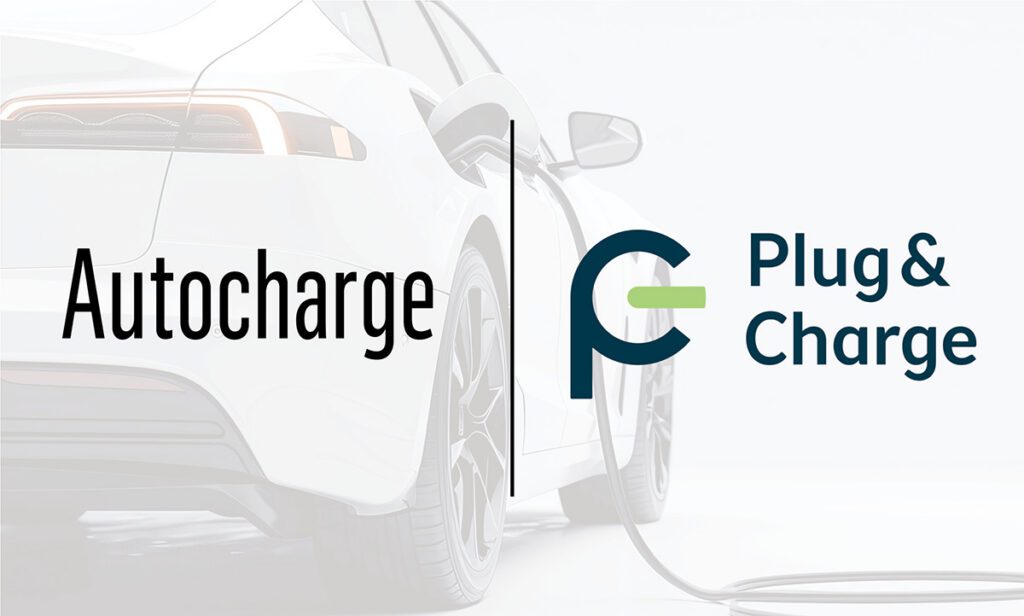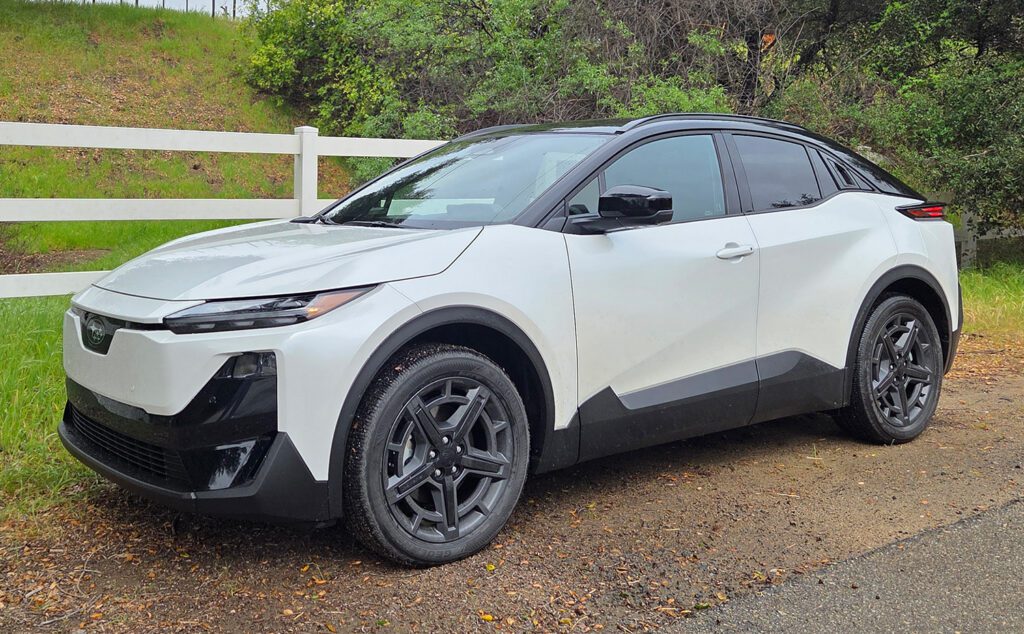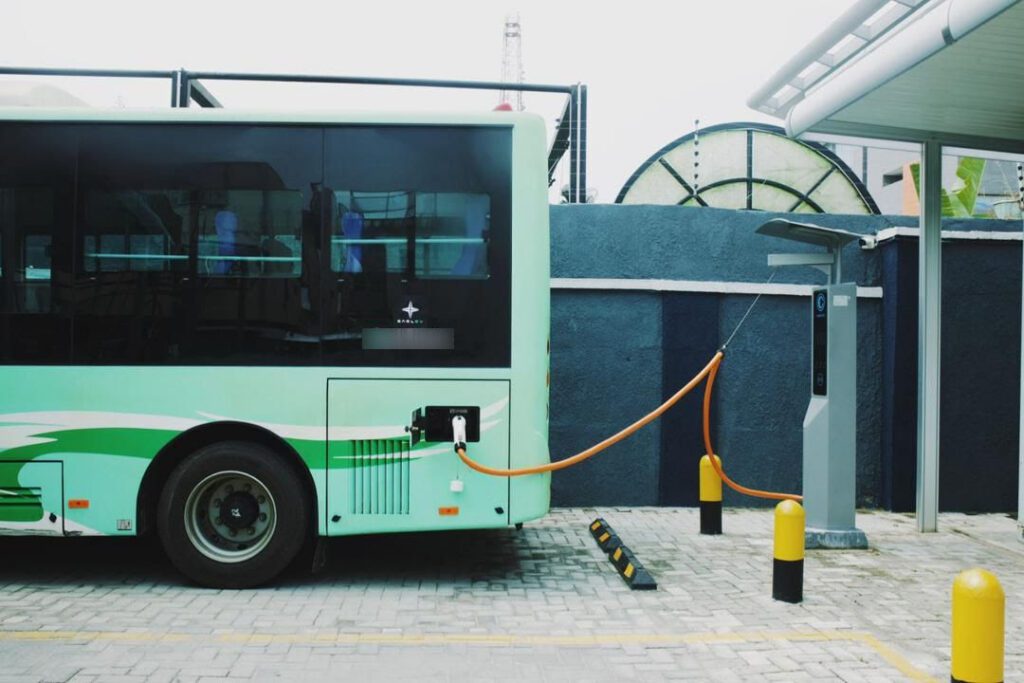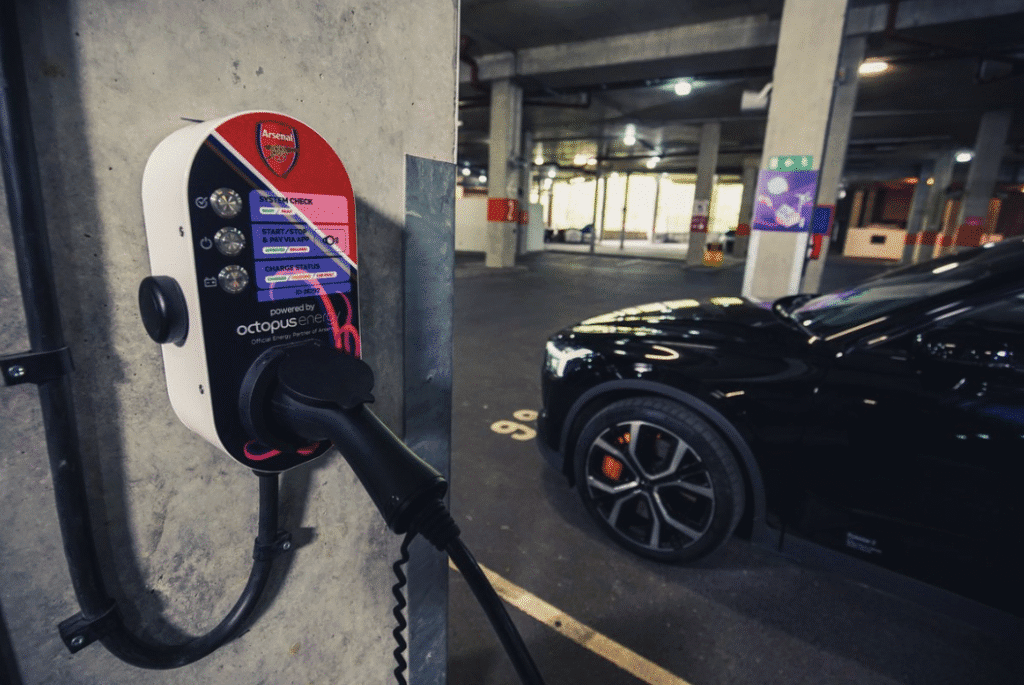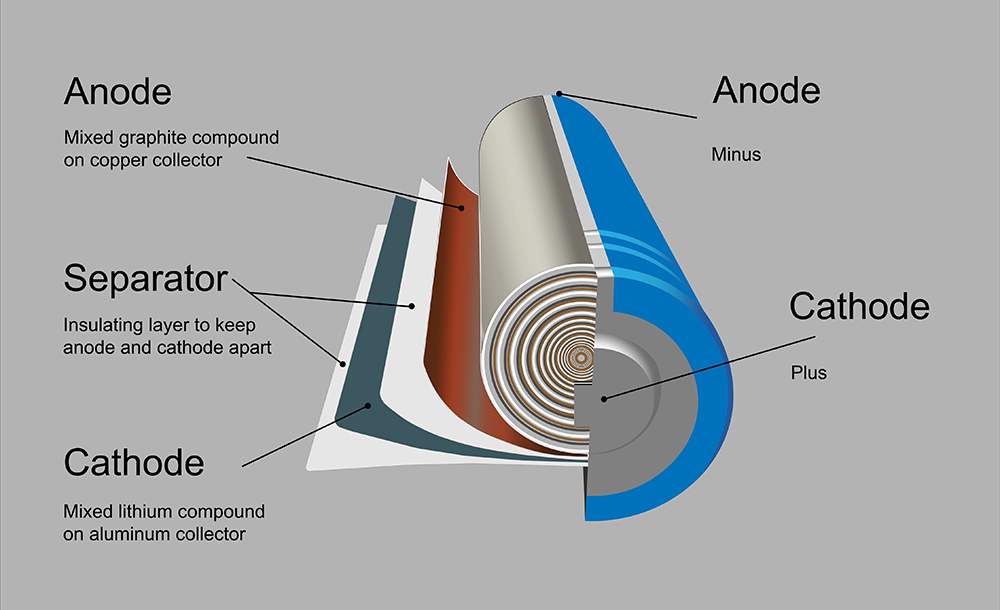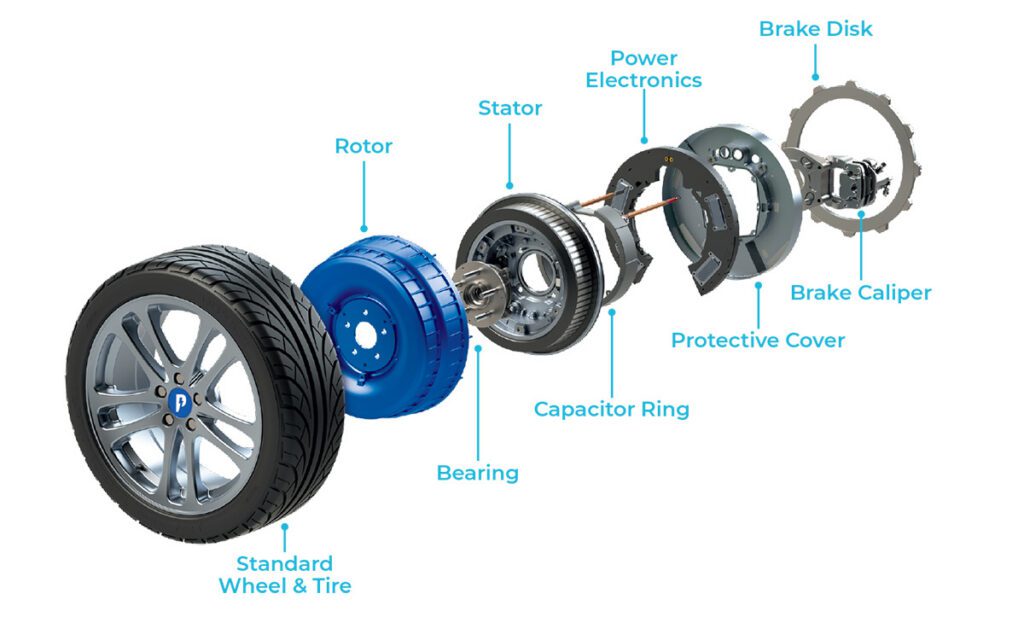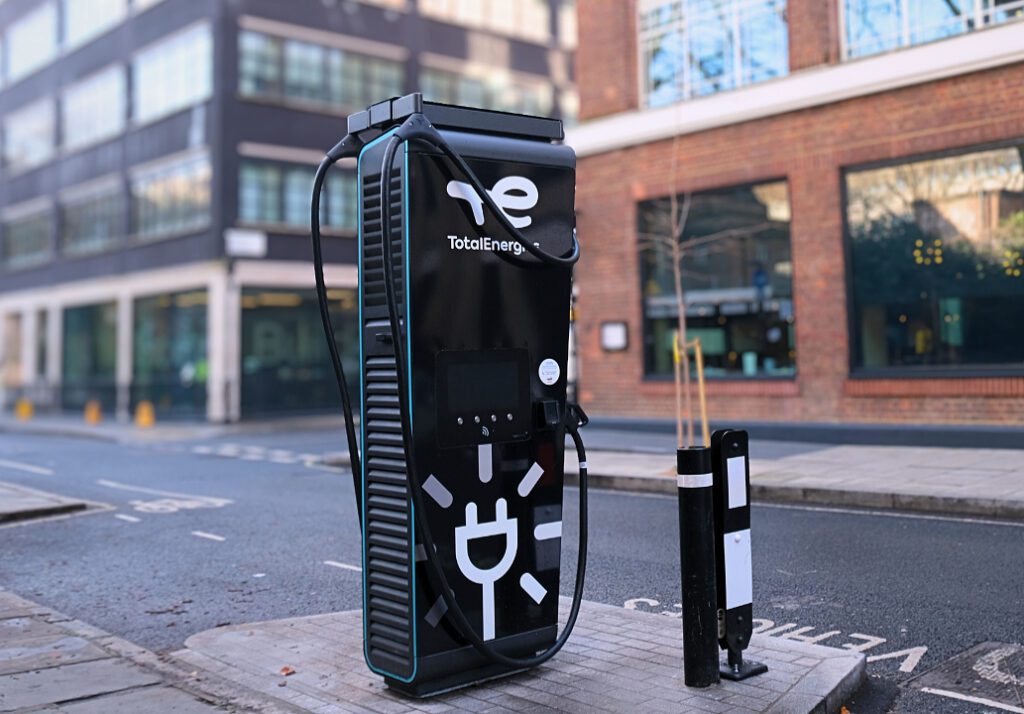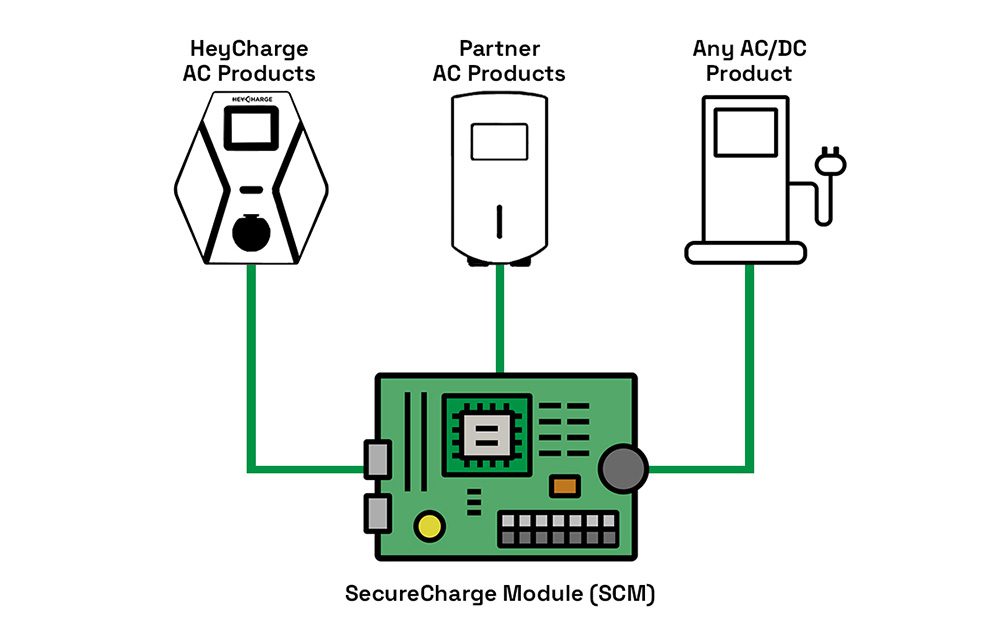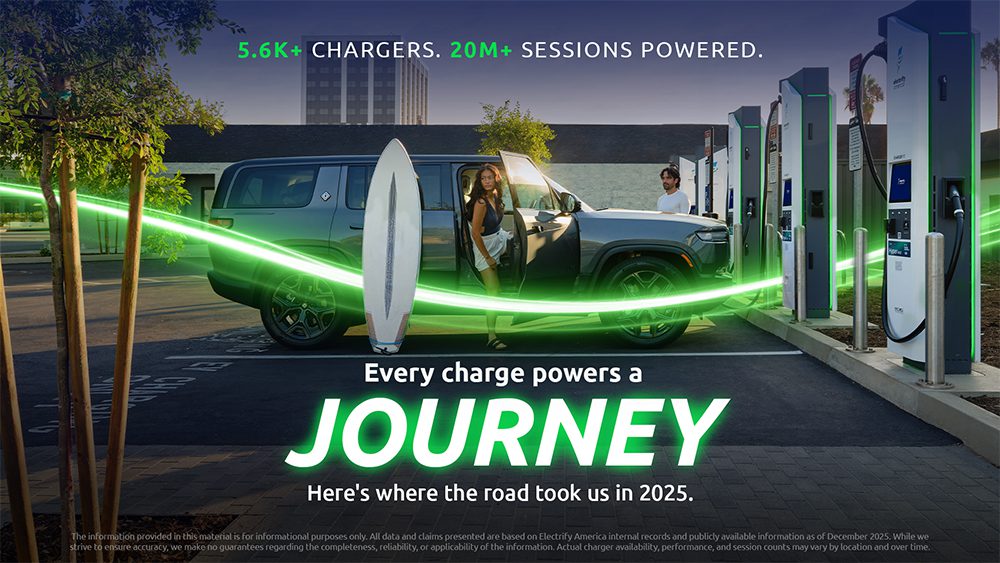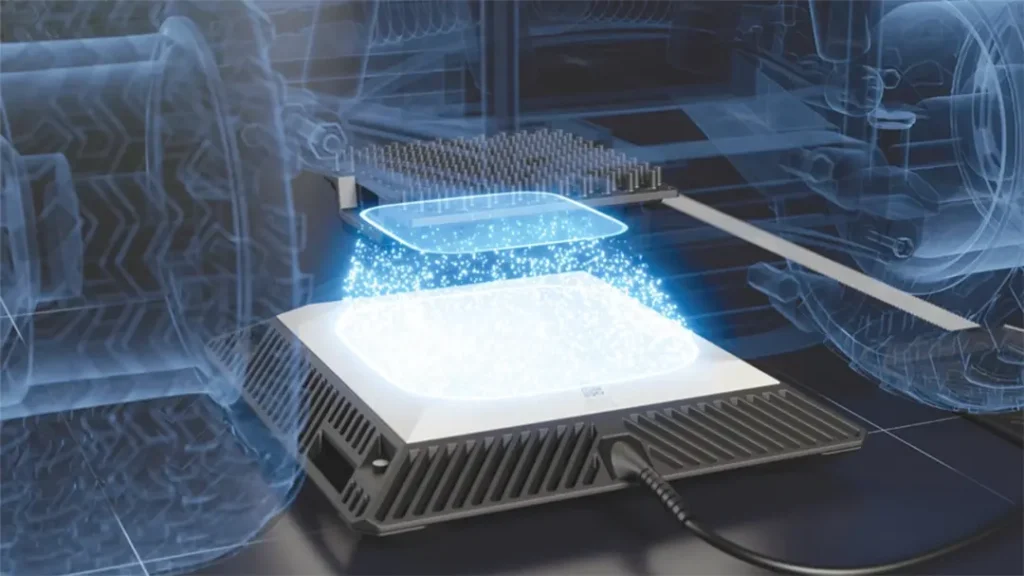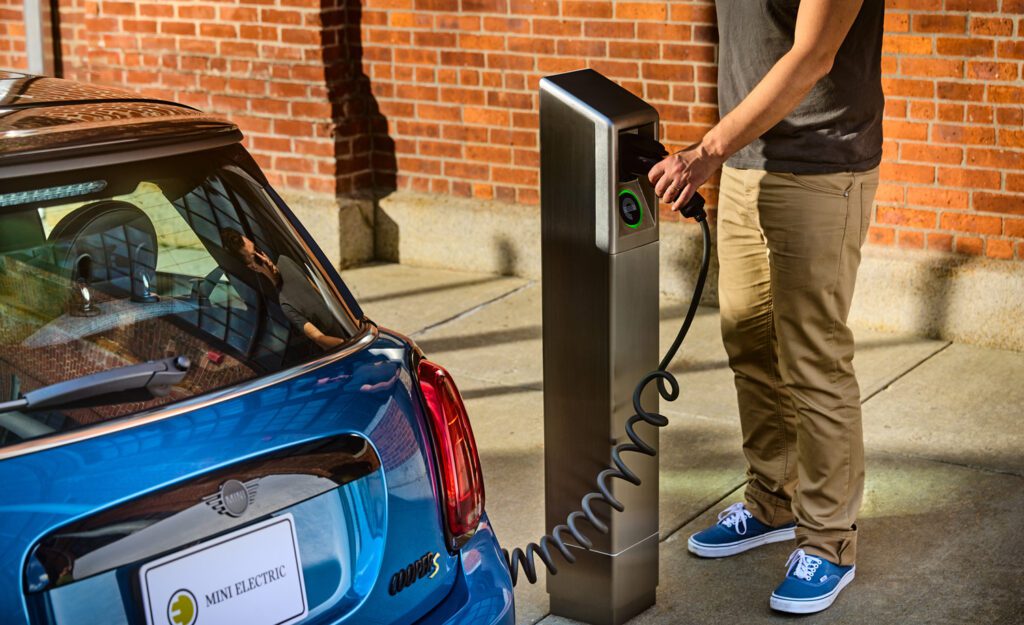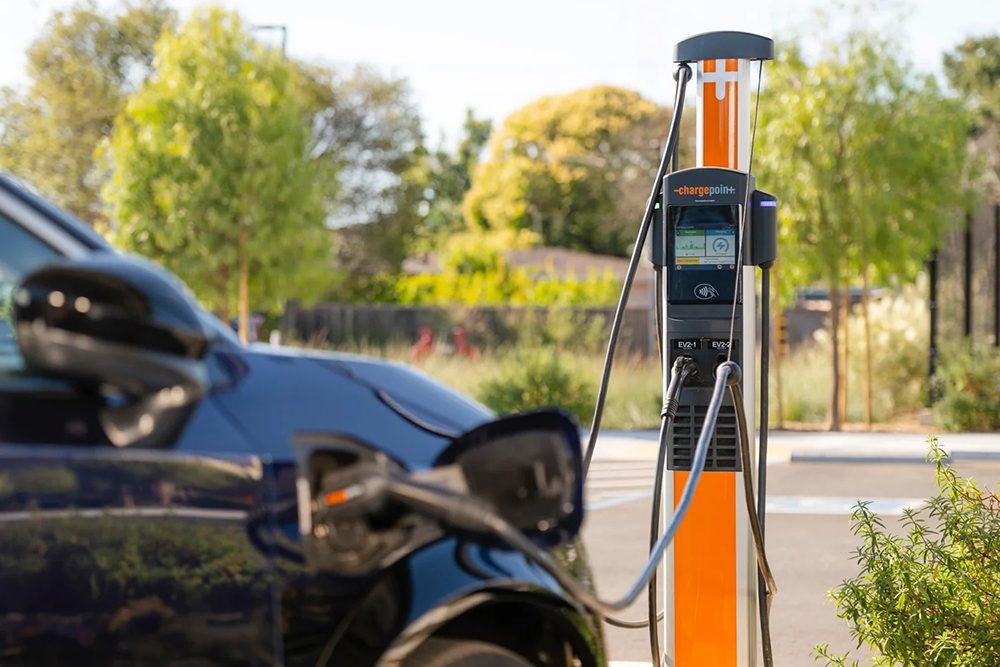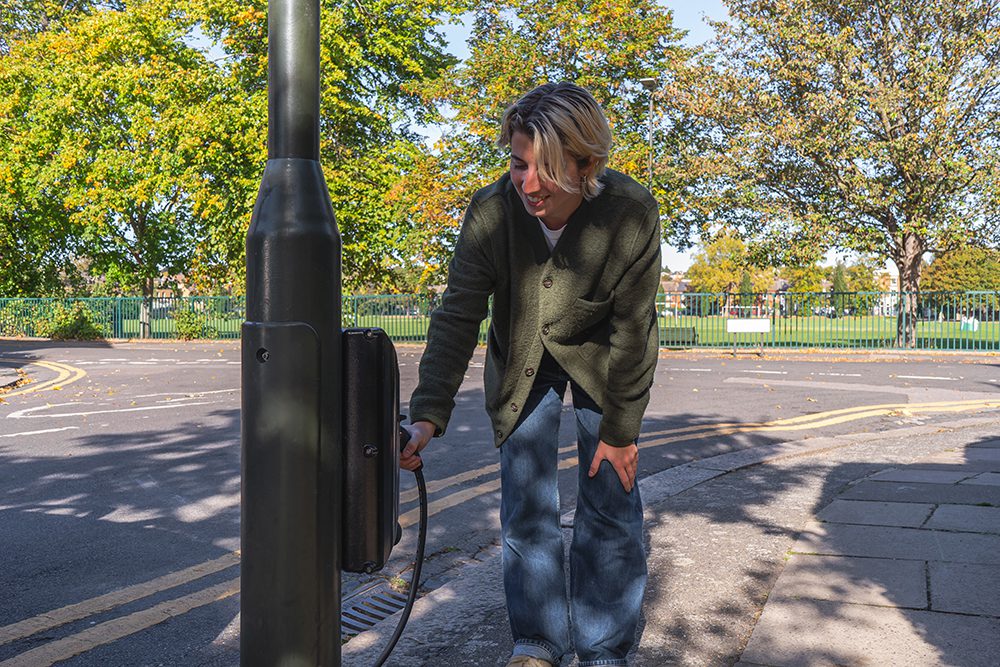Journalists sometimes have to write the same articles over and over, like teachers repeating the same lecture for a new class each semester. The myth of the “long tailpipe”—the notion that EVs generate just as much carbon emissions as ICE vehicles do—has been debunked by dozens of scientific studies (see below for a partial list). However, it’s such an attractive argument to the anti-EV movement that it never seems to go away.
A new study from the Eindhoven University of Technology is the latest to find that lifetime carbon emissions of EVs are, in general, much lower than those of ICE vehicles. The study also examines some of the recent contrarian studies, and explains some of the errors they made in reaching their dubious conclusions.
The new study, “Comparing the lifetime green house gas emissions of electric cars with the emissions of cars using gasoline or diesel,” is the subject of articles in Der Spiegel and Green Car Reports.
“Proper calculations show electric vehicles already emit less than half the green house gasses [sic] of their fossil fueled counterparts,” write study authors Auke Hoekstra and Professor Maarten Steinbuch.
Of course, the relative amounts of emissions depend on the vehicle models in question, as well as the energy generation mix in a particular region. The researchers cite several specific examples: in Europe, the lifetime CO2 emissions (including manufacturing, driving and energy generation) of a Volkswagen e-Golf are 54% lower than those of a Toyota Prius; the emissions of a Tesla Model 3 are 65% lower than the emissions of a diesel Mercedes-Benz C220d; and the emissions of a Porsche Taycan S are 82% lower than those of a Bugatti Veyron.
These results are based on today’s electricity generation mix in Europe. “If we speculate about a future in which production and driving are done on renewable energy this results in at least ten times less emissions than what is achievable with combustion engines using fossil fuels,” write Hoekstra and Steinbuch.
The global electrical grid is getting cleaner every year, so the negative environmental impact of EVs should decrease over time—a fact that many of the studies that purport to support the long tailpipe thesis ignore. This omission is one of the six “biggest mistakes” identified in the Eindhoven study.
Other errors commonly found in contrarian studies: exaggerating GHG emissions of battery production; underestimating battery lifetime; using laboratory tests paid for by auto manufacturers; excluding or minimizing emissions associated with fossil fuel production; and exaggerating the scope for efficiency improvements in ICE technology.
Contrarian studies cited by the anti-EV brigade include a non-peer-reviewed Swedish study from 2017 and a 2019 study from a German research institute. The latter was promptly debunked in detail by German news magazines Focus and WirtschaftsWoche, and, ironically, by Volkswagen, until recently the world’s leading champion of diesel vehicles.
The purveyors of the long tailpipe myth often portray it as an issue that’s been overlooked or ignored, but in fact, the issue has been discussed as long as modern EVs have been around, and has been covered very extensively by both the pro- and anti-EV media. Here are discussions of some other studies that have confirmed the lower lifetime GHG emissions of EVs:
A study from the Union of Concerned Scientists (via Green Car Reports) examined the carbon footprint of EVs in every region of the US, and concluded that they are cleaner than the vast majority of gasoline vehicles now, and will become cleaner as the electrical grid is modernized.
A 2020 study from the University of Cambridge calculated the carbon footprint of EVs in different regions of the Earth, and found that they are already cleaner than gasoline cars in 95% of the world.
An April 2019 report from the Institute for Energy and Environmental Research Heidelberg (IFEU) found that “Electric vehicles are already at an advantage over burners today, sometimes more, sometimes less, and the lead will grow.”
The Fraunhofer Institute reported in 2019 that EVs typically produce “28 percent less greenhouse gas emissions than a luxury-class diesel, up to 42 percent less than a small car petrol engine.”
A 2018 report from the International Council on Clean Transportation (ICCT) examined greenhouse gas emissions from the manufacturing of lithium-ion batteries, and found that “a typical electric car today produces just half of the greenhouse gas emissions of an average European passenger car.”
In 2017, a report from Belgium’s VUB University found that “electric cars emit significantly less greenhouse gases over their lifetimes than diesel engines, even when they are powered by the most carbon-intensive energy.”
In 2012, a detailed study from the Union of Concerned Scientists found that even if it were charged 100% from coal, an EV would still be cleaner than the average ICE vehicle.
Charged has reported on study after study after study after study after study after study that has reached similar conclusions.
Writer David Herron has published a digestible summary of the issue.
Sources: Eindhoven University of Technology, Der Spiegel , Green Car Reports




















